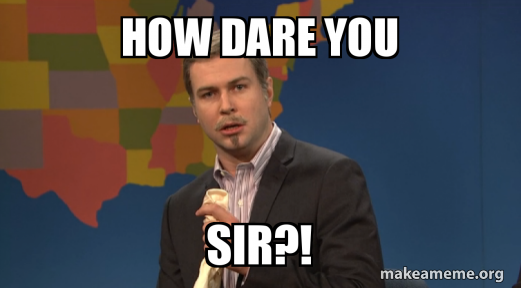One could define the objective world that we believe to exist independent of us, as...
No "as" :) That is an exhaustive definition of objective -- it means real, as opposed to imaginary, a product of an individual mind. That's the ontological model.
More importantly, it is also a model of real, and true. Being able to tell real from illusory, true from false is the reason we make that leap of faith (an irrational assumption), betting everything on the existence of the objective reality.
At least in the narrow sense, taken on its own, that belief is irrational. However, if we look at the broader context, it becomes a rational choice due to the Street Light effect. The objective reality is the bright spot. And lógos is the light.
part of our experience that is simultaneously experienced by other observers as well
That is correct. Actually. As it turned out, the very concepts of real and true are defined in the context of social interactions. They are useless on their own!
After all, those "social interactions" mean specifically...
And this common experience could be mutually exchanged using a language
Yes, that's the idea. To be more precise, what is common is the way we perceive objective reality (and no, "intersubjectivity" doesn't cut it).
Our experiences, however, refer to our adventures in this world, and they are very much unique. We also cannot exchange or share them directly w/o resorting to, well, mindreading, which I -- never!✻
That's simply not how we, humans, do it. We honestly spent 5 million years, developing our rational mind and symbolic thinking (the latter as recently as 150,000 to 50,000 years ago), leading up to the holy grail -- our ability to ask and explain why, a. k. a. the knowledge sharing.
In effect, we use our rational minds to compress raw experiences into knowledge -- a knowledge graph, to be precise, each node being either a mental model (a KG itself) or an "atomic" concept.1 The process is similar to inferring a formula from a function defined as a table of {x, y} pairs.
Compression ratios, thus, could be huge, making it possible to share experience distilled into knowledge by, again, asking and explaining "why/how".
That, in turn, would afford us a tremendous evolutionary advantage2 -- and the rest was history.
1 curtesy of the raw neural nets of the animal/irrational mind of subconsciousness.
2 in those times, individual humans, as a rule, were fully rational.
✻


